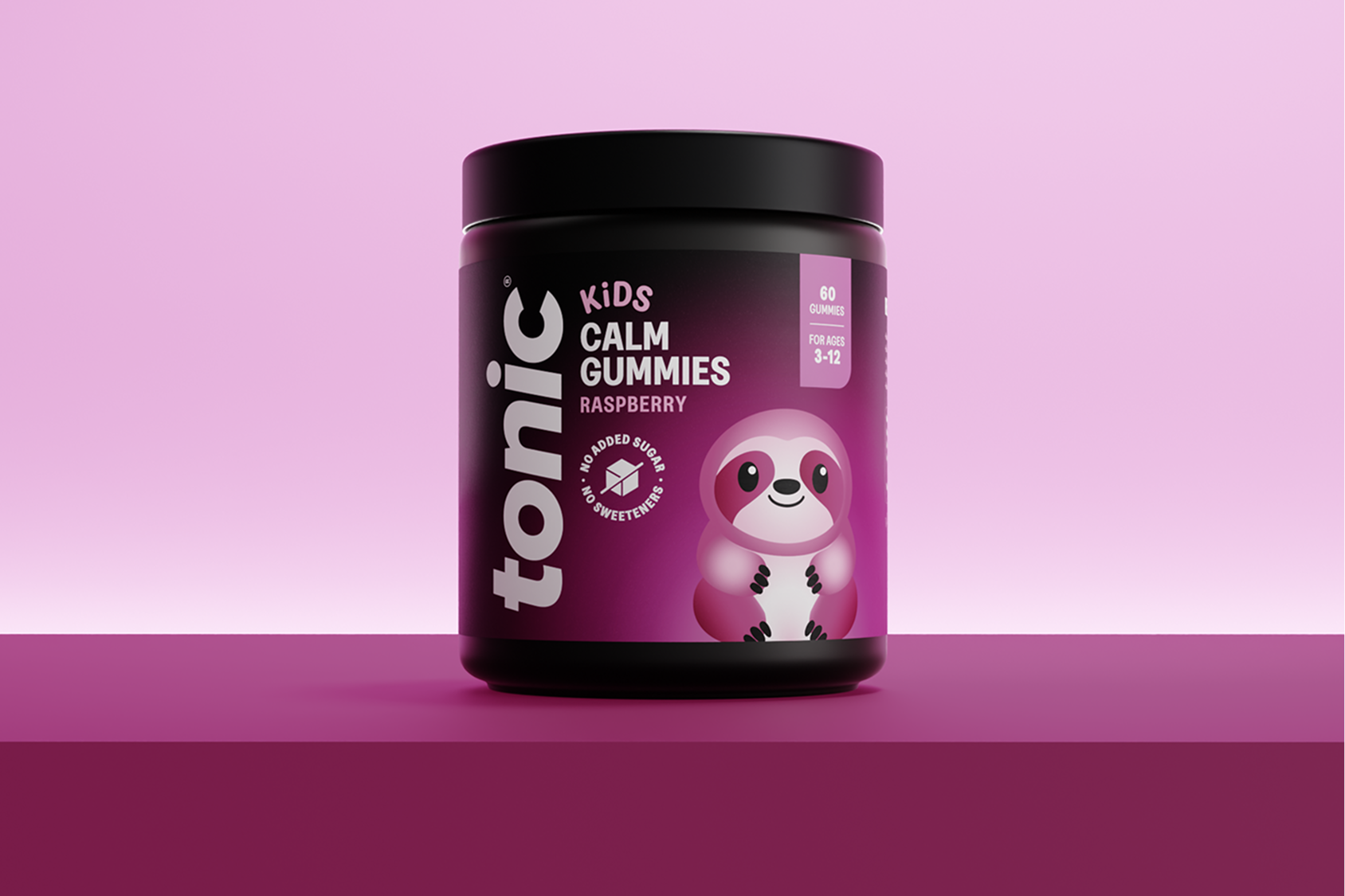Parents know that bedtime can be one of the most challenging parts of the day. From late-night energy bursts to endless “just one more story” requests, helping children settle down can feel impossible. But small, science-backed habits - and the right nutritional support - can make a huge difference.
Here’s how to create a calm, consistent night-time routine for better children’s sleep, backed by child sleep research.
1. Set a Consistent Sleep Schedule
Children’s circadian rhythms - their internal body clocks - thrive on predictability.
Science says: A 2020 Sleep Medicine study found that kids with consistent bedtimes experience better emotional regulation, improved learning, and fewer behavioural issues.
- Aim to keep bedtime and wake-up time within 30 minutes each day - even on weekends.
- Use gentle cues - such as dimming lights or quiet music - to signal that bedtime is approaching.
Consistency trains the body to expect rest, helping kids fall asleep faster and stay asleep longer.
2. Create a Sleep-Friendly Environment
A dark, cool, and quiet bedroom helps trigger melatonin - the hormone that tells the body it’s time to sleep.
- Keep the temperature between 18 °C and 21 °C.
- Avoid bright night lights and turn off screens at least one hour before bed to reduce blue-light exposure.
- Consider using soft, natural fabrics and calming scents like lavender to create a sense of relaxation.
A soothing sleep space helps children associate their room with rest - not playtime or screens.
3. Add a Wind-Down Routine
Predictable, relaxing activities tell the body and brain it’s time to slow down.
Science says: Research in the Journal of Developmental & Behavioural Paediatrics links consistent bedtime routines with longer sleep and better mood regulation in children.
Try including:
- Reading together (choose calm, gentle stories)
- Listening to quiet music or white noise
- Gentle stretching or deep breathing
The key? Keep the routine short and repeatable - about 20–30 minutes works best.
4. Mind the Food and Drink
Evening snacks can make or break your child’s sleep quality.
- Avoid sugary foods or caffeine close to bedtime - they can delay deep sleep.
- If your child is hungry, offer a light, protein-rich snack like yoghurt, banana, or nut butter on toast.
Balanced nutrition keeps blood sugar steady overnight, supporting deeper, uninterrupted rest.
5. Be a Sleep Role Model
Kids mirror what they see. Parents who model healthy sleep habits - consistent bedtime, no late scrolling, relaxed evening pace - help children do the same.
Science says: Studies show that when parents model good sleep hygiene, children’s stress hormones regulate more easily, and overall family wellbeing improves.
Try making bedtime a shared family wind-down: dim lights, lower voices, and avoid screens together.
6. Natural Support: Introducing Kids Calm Gummies
Sometimes, even the best bedtime routine needs a little extra help.
Magnesium - nature’s calm mineral - supports relaxation and helps regulate the body’s natural sleep cycle. It’s particularly beneficial for children who struggle to “switch off” after a busy day.
Tonic's Kids Calm Gummies combine gentle magnesium with natural lemon balm and a delicious raspberry flavour. They’re designed to help children wind down naturally - without artificial additives or sugar spikes.
Why parents love them:
- Supports relaxation and better sleep quality
- Made with natural ingredients
- Gentle on tummies, easy to chew
- No added sugar or artificial sweetener
Support restful nights for growing minds - naturally, available now here.
SHOP Tonic Kids Calm Gummies Today










Leave a comment
All comments are moderated before being published.
This site is protected by hCaptcha and the hCaptcha Privacy Policy and Terms of Service apply.